Have you ever thought about recycling water?
You know what I’m talking about – we’re all used to recycling aluminum cans and bottles so the next best thing to recycle might be water, right?
I am writing about recycling water because the stories about the droughts hitting California[1] are abundant lately, and who knows which state is next? Besides, it’s always a good idea to know how to re-use the water that you have because you absolutely can’t live without it.
Why you should recycle or re-use water in the first place?
Because water is a fundamental and extremely valuable natural resource, essential for preserving life and our civilization here on Earth. Also Fresh water is a finite resource. We have salt water in abundance but only a miniscule amount of the water on the planet is actually potable.
Only about 2% of the planet’s water supply is fresh water and that should worry you quite a bit. I know that theoretically speaking, we could build huge desalinization plants and use ocean water for irrigation, drinking, fracking and whatever else we need water for, but that day is still far away in the future while the problems in the present are becoming more pressing for American families and businesses.
Before considering recycling water, you should know that one of the most effective strategies for preserving our Earth’s fresh water supply is to reduce your demand for fresh water in the first place. You can achieve that through several methods; for example, start collecting rain water[2] and using highly efficient fixtures and appliances[3] in your home.
What Is Actually Grey Water?
No matter how efficient you try to be, you’re still going to use a certain amount of water, and not all of it will be for drinking. The main cause of wasted fresh water is called “grey water”.
Grey water is basically what comes out of the drains after you’re taking a bath or washing your clothes. Grey water is much different from black water, which is that nasty stuff flushed down the toilet.
Unlike black water, which requires serious treatment and processing in order to be sanitized, grey water can be re-used relatively safely.
For example, you can recycle most grey water[4] and use it for watering your garden or your plants.
However, the problem is that your current plumbing system doesn’t differentiate between grey and black water. Instead, it combines them both into what’s called sewage water, which is unusable unless it’s filtrated and purified via a special water treatment facility.
Now, what can you do about that? Well, nothing much except for manually capturing your excess grey water for using it later.
Not all grey water is created equal. For example, what comes from your dishwasher or your kitchen sink may be heavily contaminated with organic matter and chemicals and can be host for lots of pathogens, while the bathroom sink water is relatively harmless, only containing soap residue and small amounts of organic matter.
Keep in mind that re-using grey water is not a difficult task; all that’s required is a bit of attention to details.
You must remember the potential hazards of chemicals, pathogens and bacteria from grey water without exaggerating their health risks. Also, take a minute and think about what system for recycling the grey water you’ll be using, as some of them may require a permit if you wish to install them on your property. More about state regulations regarding recycling grey water are to be found here[5].
The Do’s and Don’ts of Grey Water Recycling
Let’s take a look at some ideas for efficiently re-using the grey water in your residence or place of business.
Starting with the “don’ts”, try to avoid complicated grey water recycling systems that involve pumps, expensive water filters and instructions that require you to be an engineer.
Remember that there are no official reports of illness or deaths caused by responsibly re-using grey water. Still, try to use a grey water recycling system based on water flow (as opposed to a pooling one), thus minimizing the chances of bacteria proliferating inside.
Also, if there’s somebody in your house suffering from an infectious disease, avoid re-using the grey water until that person gets healthy again. The reason is obvious; avoiding viruses and bacteria inside your recycled stash of grey water is critical to the health of everybody else. Common sense, really but we felt we needed to state it.
Always take care when using grey water and never allow it to mix with animal feed or drinking water, in order to prevent accidental contamination. Basically, you should avoid using grey water in the proximity of food or water sources for your livestock.
Another thing to remember when re-using grey water is “garbage in, garbage out”; that means that you should use natural, biodegradable soaps, shampoo, detergents and other products for high quality grey water.
Regardless of your recycling system, you should never store grey water for extended periods of time; as a general rule, try not to exceed 24 hours and re-use it as quickly as possible (thus reducing the buildup of bacteria, pathogens and the like).
One of the simplest and safest methods of re-using grey water is to catch warm-up water. That’s the water that goes down the drain while you’re waiting for the warmer water to reach your shower or faucet. This warm-up water could be significant in quantity, especially if your heater is “lazy” or far away from your bathroom. The warm-up water is extremely clean and presents almost no health hazards, hence you can use it safely to water your plants, for example.
As for capturing it, you can simply use a bucket or a big bowl placed under the faucet, then move it away when the water gets hot enough to suit your needs.
If your local health codes allow it, you can re-use grey water from your bathroom sinks by re-engineering your sinks drains to be used as a grey water collection system. In this way, you’ll no longer need to manually store grey water in buckets.
This article has been written by Chris Black for Survivopedia.
Resources
[1] https://www.survivopedia.com/california-draught-food-shortage/
[2] https://www.survivopedia.com/rain-water-tank/
[3] https://www.survivopedia.com/how-to-fix-annoying-home-problems/
[4] https://www.survivopedia.com/svp-mostwaterhome/
[5] http://www.greywater-systems.com/regs.htm/


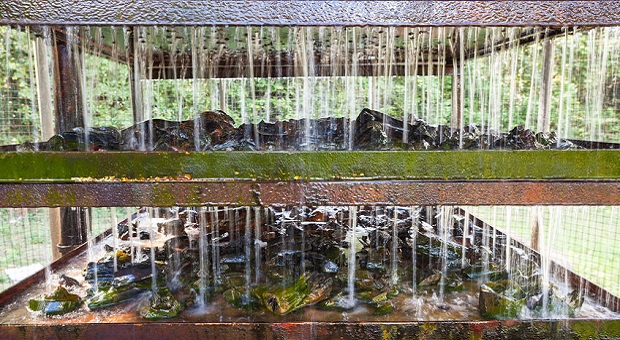

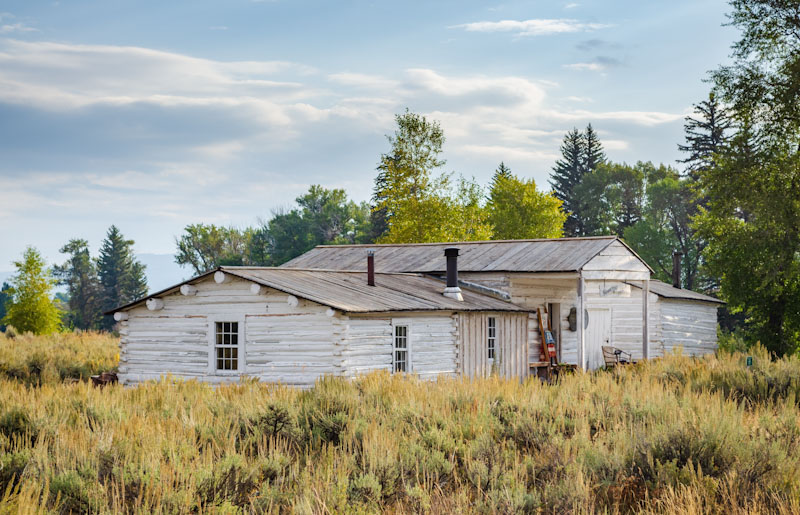
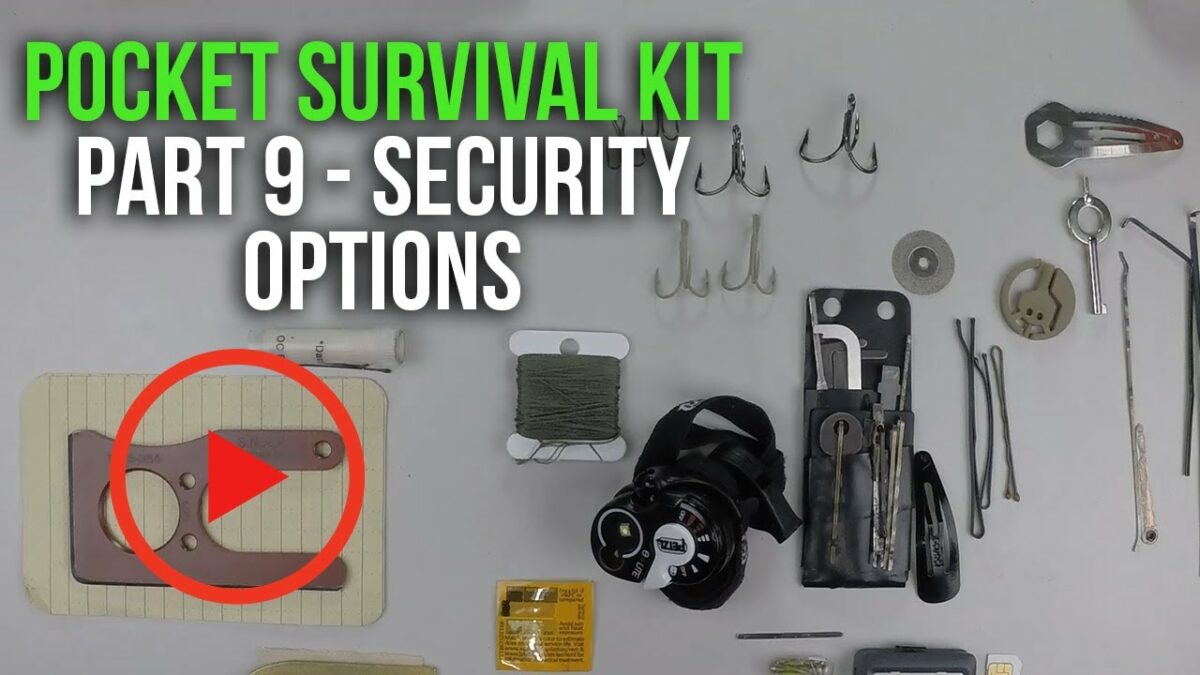
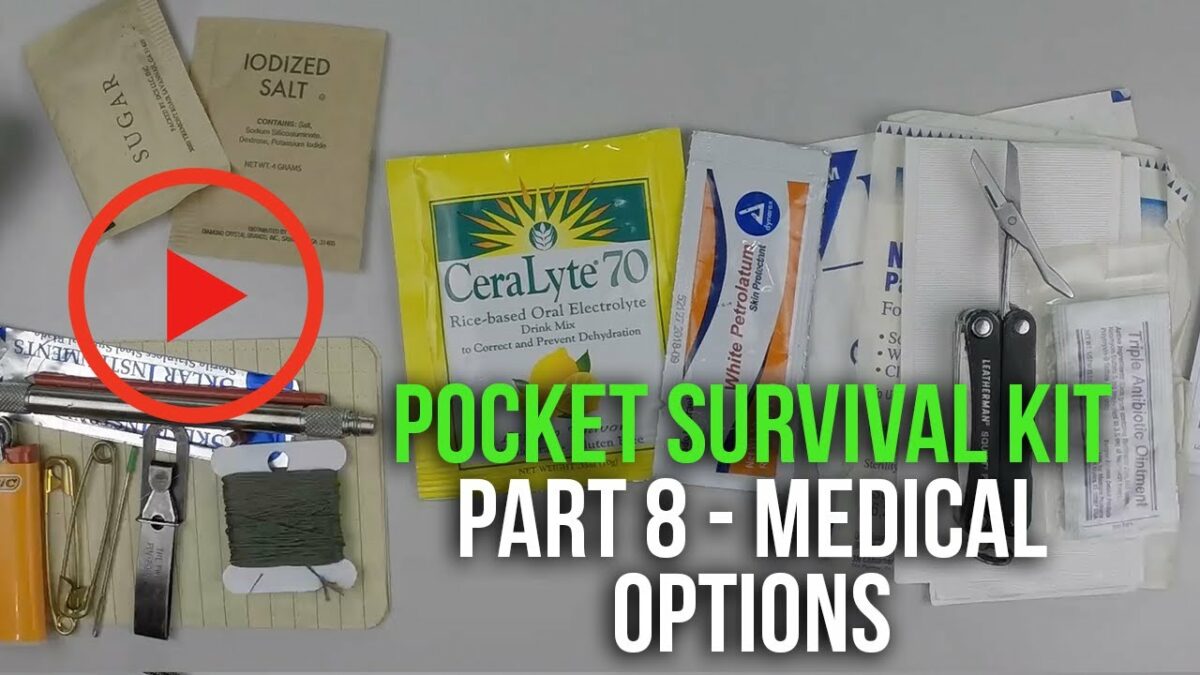
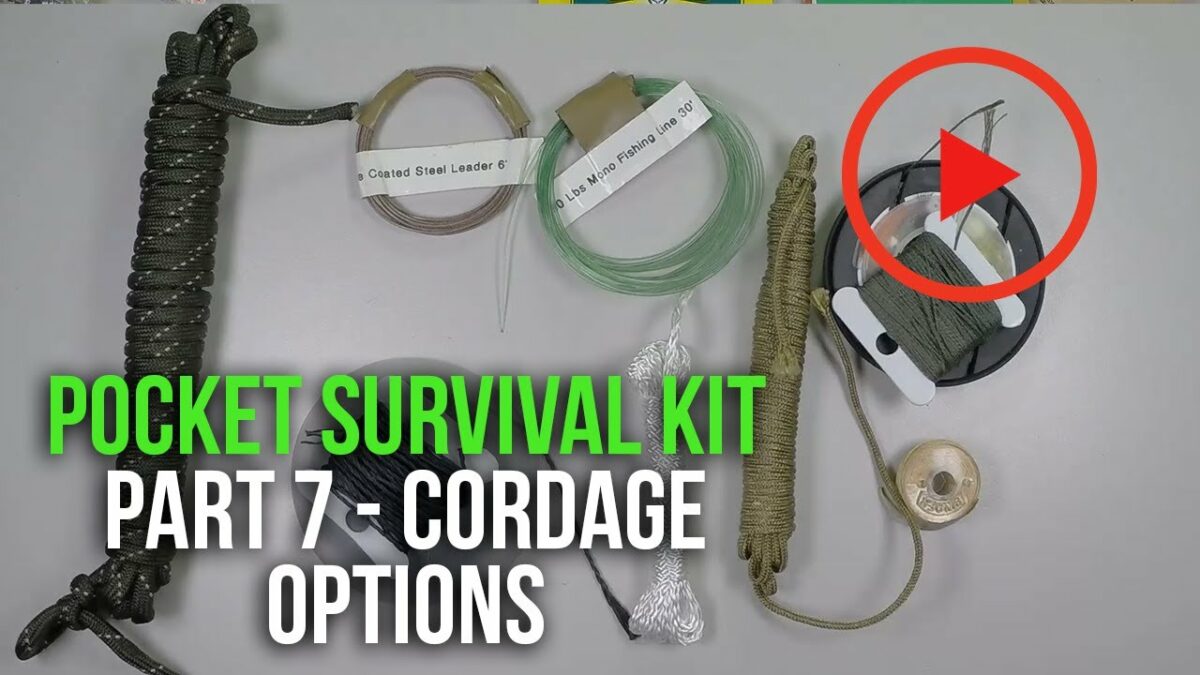


Sue Achenbach | May 4, 2015
|
What are your thoughts on putting gray water thru a bio sand water filter?
VIco Re | May 5, 2015
|
Gray water usually comes from a chlorinated source. Any chlorine will damage the schmutzdecke in the biosand filter and render it much less effective.
Big D | May 4, 2015
|
One of our biggest problems is over population. This world cannot sustain the amount of people and their needs that we seem to be heading for. We need to limit families to how many children they have and worry more about those children in orphanages and the ones growing up looking for homes and a family to love them. My folks use to use organic soaps in laundry and then run the water out to help feed their garden. My wife and I collect our gray water from the kitchen and use that on our plants. We have also started a “let’s use less water” program in our household. This country uses so much water for all the products we use, maybe Survivopedia should do an article on what products take to make and the amount of water use in that. Stay prepared my friends!
Bio-Bill | May 4, 2015
|
Overpopulation?? They taught that in the 60’s when I was in high school along with the next ice age is coming soon. They also said we wouldn’t be able to feed our own population in the 90’s. We got smarter much faster than they could imagine. Now we feed a lot of the other people in the world as well.
2% fresh water?? If that is so then Al Gore can’t raise the sea level much with the ice in Greenland and Antarctica!!! The water cycle isn’t broken either. The resource is just being distributed a little differently these days. Not really limited, just rerouted with some climate change (which is always happening). That being said it is not a good time to move to Phoenix or California. We all need to use our common sense. And keep your water filter handy,,
punisher | May 4, 2015
|
WELL IF THERE NO RUNNING WATER AND YOUR USING STORAGE WATER. PUT THE GRAY WATER IN YOUR BATH TUB. THEN USE 5 GALLON BUCKETS FOR WASHING AND RINSEING. YOU NEED WATER IN THE TANK OF YOU TOLIET. OR IT WONT PULL THE WATER FROM THE BOWL. FILL THE TANK ABOUT 1/4 WITH WATER, FLUSH AND POUR THE WATER IN THE BOWL WHLIE ITS GOING DOWN!
sovereign dad | August 25, 2015
|
You don’t need water in the tank to flush the toilet. Simply poor water quickly down the bowl and it will create the same action as flushing.
b bowes | May 4, 2015
|
What, really, IS conserving water? Maybe it means you ‘buy’ less, or that treatment plants ‘supply’ less to you, but you cannot increase or decrease the supply of water on this planet! The amount remains constant, goes through the water cycle, gets used, polluted, or whatever, evaporates, and returns. Because it falls unequally on various locations, unless you pipe it, your decreased use of water cannot help someone in a desert or other place of great need. My parents lived through the Great Depression, and I’ve always been hardwired to save a lot of things, but have yet to figure out the general idea of saving water! If my area is blessed with sufficient precipitation, who, exactly, is going to gain for my decreased use? Shall I keep a jug handy and mail them my spare?
Glenn | May 17, 2017
|
When the rain stops falling from the sky as it has in the Western Cape, South Africa for the past few years then it stops coming out of the tap .
Unfortunately some of us refuse to accept that climate change is happening and along with that can come a reduction of precipitation in certain catchment areas that feed our major cities. Only when this happens do we wake up and realize that fresh drinking water is a precious commodity
messenger | May 5, 2015
|
It would seem that people who work for defense contractors retire really young these days.
Barbara | May 5, 2015
|
Great info! You have answered some questions I had about how to use a system like this. Thank you so much!
cHARA vIKTORA | May 5, 2015
|
This is a great article. Even if someone lives in a water plentiful area, you still have to pay for it through utility bills or the electric to run the well. Just imagine how much money people could save just by using a bucket or installing some piping.
Pingback:DO’s And DON’Ts When Reusing Grey Water - TinHatRanch | May 6, 2015
|
Beth | May 7, 2015
|
Awesome article! Just curious why you would suggest not to pour the shower/bath water into the toilet tank? We’ve been using this method (putting the water into the tank) to flush our toilets for over a year now. We not only use water from the shower but from the sinks, dripping faucets during the winter months, and rain water to flush. We also use our leftover cooking water and water that comes in the can veggies for our plants. We wash dishes by hand, so the soapy water gets poured out on the weeds in our backyard.
sovereign dad | August 25, 2015
|
If I may reply. I think the reason is the same as not storing grey water too long. Also the buildup of sludge and grime will not be good for the plumbing. The toilet flushes just as well by directly pouring water from a bucket into the bowl.
Pingback:How To Calculate Your Water Needs | Survival skills, survival guns, survival guide | June 8, 2015
|
Pingback:Smart Systems For Reusing Gray Water | Survival skills, survival guns, survival guide | June 26, 2015
|
Pingback:4 Smart Systems For Reusing Grey Waterdisasterdefense.usdisasterdefense.us | disasterdefense.us | June 27, 2015
|
Pingback:EMP Survival: Is Your Home Ready For The Blackout? | Survivopedia | June 8, 2018
|
Mike | August 23, 2018
|
I did not see an overflow in the tank. if your tank becomes full, it will back up to washer
John | March 16, 2020
|
Chris, Thank you for the grounded information. Is my Idea a Pie-In-The-Sky idea? I have 10+ acres of wooded rocky hilly land with a municipal water supply and meter running along the road frontage. There is also a year-round creek that I CAN NOT harvest water from. I would like a well but do not know if that is feasible. I do not want a septic system (clay soil with many large rocks/cost). My idea is to design my home with composting toilets to incinerate/compost my black/sewage, capture my greywater, filter through engineered wetlands and then run through a filter treatment system to recirculate through the home. My location has plenty of rain and municipal water is cheep (for now) but I like the idea of conservation and would just like to do it. Does this seem feasible to you and where would you look for a good filter/treatment system for recirculating greywater back for home use?